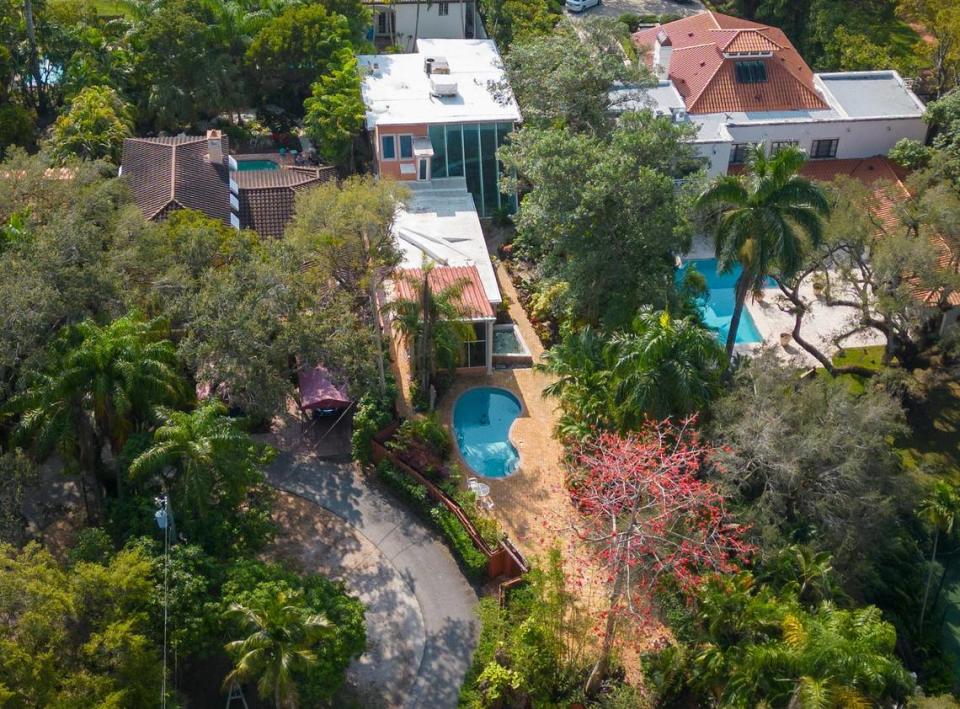Joe Carollo denied new trial or reduction to $63 million verdict in latest ruling
A federal judge has delivered Joe Carollo another legal loss by denying the Miami commissioner’s attempts to declare a mistrial or have a $63.5 million civil verdict against him reduced in a case that went before a jury last year.
In a ruling issued Wednesday, U.S. District Court Judge Rodney Smith denied Carollo’s motion for a new trial in the case where jurors found the commissioner violated two Little Havana businessmen’s First Amendment rights by weaponizing city resources to target their businesses as retaliation for supporting his political opponent.
Last year, Carollo was hit with the large judgment after a trial where the businessmen, William “Bill” Fuller and Martin Pinilla, accused the commissioner of carrying out a vendetta by siccing code enforcement and other city officials on their businesses.
Carollo first filed motions to lower the $63.5 million judgment and request a new trial in late June, about four weeks after the jury ruled in the businessmen’s favor.
In recent weeks, as U.S. Marshals began the process of seizing Carollo’s property and an auction was scheduled to sell his Coconut Grove home, Carollo and his legal team publicly complained that he was being denied due process. He said his unresolved motions were holding up his ability to formally appeal the verdict.

“Today is a great day for me. The court’s ruling finally allows me to move forward with the appeal, after months of waiting,” Carollo said in a statement. “I am no longer being held as a political hostage by the court and finally can proceed with my appeal, that will bring justice for me and for the City of Miami.”
In his ruling Wednesday, Smith sharply refuted Carollo’s arguments in a 13-page order. The judge wrote that the size of the judgment was appropriate and in line with legal standards and case law, including how “reprehensible” Carollo’s actions were.
“Defendant’s actions were continuous and unrelenting,” Smith wrote. “And Defendant’s actions were intentional and malicious. Further, Defendant’s actions continued long after Plaintiffs filed suit. Thus, the degree of reprehensibility is high.”
Carollo is trying to stop the auction of his home, scheduled for March 19, through filing additional motions with the court. The plaintiffs are required to respond to Carollo’s emergency request to halt the sale by Thursday, according to court records.


